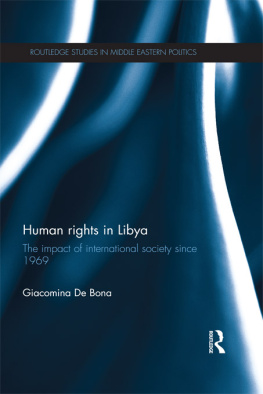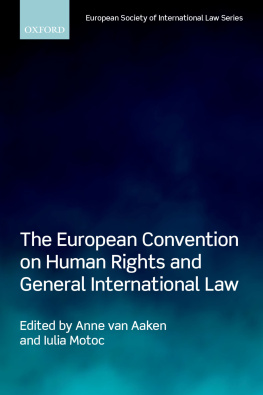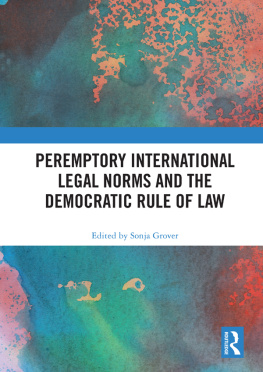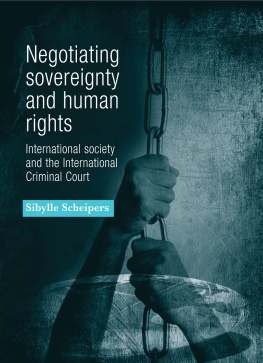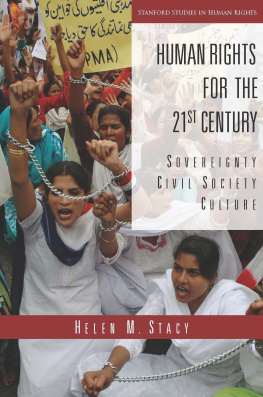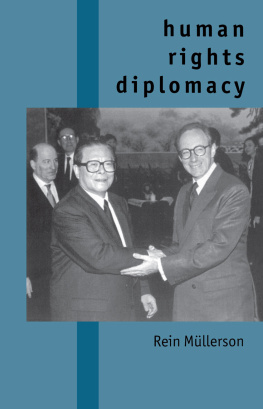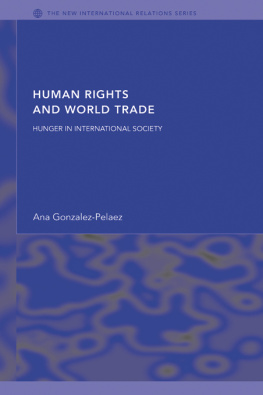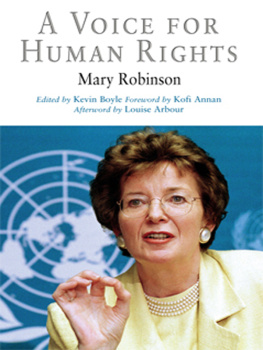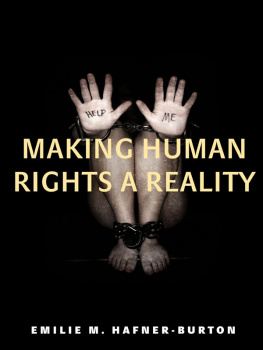Human rights in Libya
Since the end of the Cold War a democratic wave has swept through large parts of the world, propagating liberal values and giving impetus to the case for human rights in an international society. To date, however, the promotion of human rights has presented a mixed account with some countries lagging behind others in terms of their observance. In an effort to account for these differences, this book analyses the relationship between norms and the social construction of international society, and examines how human rights are promoted in that context.
Focusing on Libya as a case-study, Giacomina De Bona criticises the neo-realist approach by demonstrating the impact of international society on the advancement of human rights. Libya has related to the international environment in different ways over time, ranging from isolation to reconciliation and regime change, making it a particularly interesting example.
This book is of particular relevance in light of the recent Arab Spring and raises the question as to whether the coercive imposition of the Western liberal model contributes to establishing respect for human rights in what continue to be the peripheral zones of international society.
Giacomina De Bona is an independent writer and adviser on international human rights issues and has served as a consultant in the Middle East.
Routledge Studies in Middle Eastern Politics
1. Algeria in Transition
Reforms and development prospects
Ahmed Aghrout with Redha M. Bougherira
2. Palestinian Refugee Repatriation
Global perspectives
Edited by Michael Dumper
3. The International Politics of the Persian Gulf
A cultural genealogy
Arshin Adib-Moghaddam
4. Israeli Politics and the First Palestinian Intifada
Political opportunities, framing processes and contentious politics
Eitan Y. Alimi
5. Democratization in Morocco
The political elite and struggles for power in the post-independence state
Lise Storm
6. Secular and Islamic Politics in Turkey
The making of the Justice and Development Party
mit Cizre
7. The United States and Iran
Sanctions, wars and the policy of dual containment
Sasan Fayazmanesh
8. Civil Society in Algeria
The political functions of associational life
Andrea Liverani
9. JordanianIsraeli Relations
The peacebuilding experience
Mutayyam al Oran
10. Kemalism in Turkish Politics
The Republican Peoples Party, secularism and nationalism
Sinan Ciddi
11. Islamism, Democracy and Liberalism in Turkey
The case of the AKP
William Hale and Ergun zbudun
12. Politics and Violence in Israel/Palestine
Democracy versus military rule
Lev Luis Grinberg
13. Intra-Jewish Conflict in Israel
White Jews, black Jews
Sami Shalom Chetrit
14. Holy Places in the IsraeliPalestinian Conflict
Confrontation and co-existence
Edited by Marshall J. Breger, Yitzhak Reiter and Leonard Hammer
15. Plurality and Citizenship in Israel
Moving beyond the Jewish/Palestinian civil divide
Edited by Dan Avnon and Yotam Benziman
16. Ethnic Politics in Israel
The margins and the Ashkenasi Center
Asad Ghanem
17. Islamists and Secularists in Egypt
Opposition, conflict and cooperation
Dina Shehata
18. Political Succession in the Arab World
Constitutions, family loyalties and Islam
Anthony Billingsley
19. Turkeys Entente with Israel and Azerbaijan
State identity and security in the Middle East and Caucasus
Alexander Murinson
20. Europe and Tunisia
Democratization via association
Brieg Powel and Larbi Sadiki
21. Turkish Politics and the Rise of the AKP
Dilemmas of institutionalization and leadership strategy
Arda Can Kumbaracibasi
22. Civil Society and Democratization in the Arab World
The dynamics of activism
Francesco Cavatorta and Vincent Durac
23. Politics in Morocco
Executive monarchy and enlightened authoritarianism
Anouar Boukhars
24. The Second Palestinian Intifada
Civil resistance
Julie M. Norman
25. Democracy in Turkey
The impact of EU political conditionality
Ali Resul Usul
26. Nationalism and Politics in Turkey
Political Islam, Kemalism and the Turkish issue
Edited by Marlies Casier and Joost Jongerden
27. Democracy in the Arab World
Explaining the deficit
Edited by Samir Makdisi and Ibrahim Elbadawi
28. Public Management in Israel
Development, structure, functions and reforms
Itzhak Galnoor
29. Israeli Nationalism
Social conflicts and the politics of knowledge
Uri Ram
30. NATO and the Middle East
The geopolitical context post-9/11
Mohammed Moustafa Orfy
31. The Kurds and US Foreign Policy
International relations in the Middle East since 1945
Marianna Charountaki
32. The IranIraq War
Antecedents and conflict escalation
Jerome Donovan
33. Surveillance and Control in Israel/Palestine
Population, territory and power
Edited by Elia Zureik, David Lyon and Yasmeen Abu-Laban
34. Conflict and Peacemaking in IsraelPalestine
Theory and application
Sapir Handelman
35. Arab Minority Nationalism in Israel
The politics of indigeneity
Amal Jamal
36. The Contradictions of Israeli Citizenship
Land, religion and state
Edited by Guy Ben-Porat and Bryan S. Turner
37. The Arab State and Womens Rights
The trap of authoritarian governance
Elham Manea
38. Saudi Maritime Policy
Integrated governance
Hatim Al-Bisher, Selina Stead and Tim Gray
39. The Arab State
Dilemmas of late formation
Adham Saouli
40. Regime Stability in Saudi Arabia
The challenge of succession
Stig Stenslie
41. Sacred Space in Israel and Palestine
Religion and politics
Edited by Marshall J. Breger, Yitzhak Reiter and Leonard Hammer
42. The UN and the ArabIsraeli Conflict
American hegemony and UN intervention since 1947
Danilo Di Mauro
43. Sectarian Conflict in Egypt
Coptic media, identity and representation
Elizabeth Iskander
44. Contemporary Morocco
State, politics and society under Mohammed VI
Edited by Bruce Maddy-Weitzman and Daniel Zisenwine
45. Political Regimes in the Arab World
Society and the exercise of power
Edited by Ferran Brichs
46. Arms Control and Iranian Foreign Policy
Diplomacy and discontent
Bobi Pirseyedi
47. Everyday Arab Identity
The daily reproduction of the Arab world
Christopher Phillips
48. Human Rights in Libya
The impact of international society since 1969
Giacomina De Bona

